Productivity journaling has emerged as a powerful tool for individuals seeking to enhance their productivity, mental health and overall well-being. By fostering self-awareness and mindfulness, it aids in reshaping our thought patterns, a process closely related to neuroplasticity. This blog will delve into the science and benefits of productivity journaling, exploring how it can lead to a more organized, focused and fulfilling life.
What is Productivity Journaling?
Productivity journaling is the practice of documenting your thoughts, tasks, goals and reflections with the aim of improving focus, efficiency and overall productivity. Unlike traditional journaling, which may focus more on emotional expression, productivity journaling has a structured approach that helps you organize your day, set clear goals and track your progress.
The Connection Between Journaling and Neuroplasticity
Neuroplasticity is the brain’s ability to reorganize itself by forming new neural connections. This capability allows us to adapt to new experiences, learn new information and even recover from brain injuries. Productivity journaling plays a role in this process by reinforcing empowering habits and cognitive patterns.
When you journal consistently, you engage in self-reflection and conscious thought processing. This practice strengthens the neural pathways associated with focus, discipline and goal-oriented thinking. Over time, productivity journaling can rewire your brain to be more proactive, organized and resilient.
Mental Health Benefits of Productivity Journaling
Beyond enhancing productivity, journaling has significant mental health benefits:
- Stress Reduction: By externalizing your thoughts and worries, productivity journaling helps reduce mental clutter, leading to decreased stress levels.
- Improved Self-Awareness: Regularly reflecting on your actions and thoughts increases self-awareness, helping you understand your triggers, motivations, and behaviors.
- Enhanced Mood: By focusing on accomplishments and constructive experiences, productivity journaling can boost your mood and provide a sense of achievement.
- Mindfulness: The act of journaling promotes mindfulness, anchoring you in the present moment and reducing anxiety about the future.
How to Start Your Productivity Journal
Getting started with productivity journaling is simple, but it requires consistency. Here’s how to begin:
- Choose Your Medium: Decide whether you want to journal on paper or digitally. Some prefer the tactile experience of writing by hand, while others like the convenience of digital tools.
- Set a Routine: Dedicate a specific time each day for journaling, whether it’s in the morning to set your intentions or in the evening to reflect on your day.
- Start with Simple Prompts: Begin with basic prompts such as “What are my top three priorities today?” or “What did I accomplish today?” to guide your entries.
- Stay Consistent: Consistency is key. Even if you only write a few lines each day, the regular practice will yield results over time.
Key Techniques and Prompts for Effective Journaling
To maximize the benefits of productivity journaling, consider incorporating these techniques:
- Daily Planning: Start each day by outlining your tasks and setting specific, achievable goals. This provides a roadmap for your day and helps maintain focus.
- Reflection and Gratitude: End each day by reflecting on what you accomplished and noting things you’re grateful for. This practice reinforces empowering thinking and promotes a growth mindset.
- Progress Tracking: Keep track of long-term goals and note progress regularly. This helps you stay motivated and recognize your achievements.
- Obstacle Analysis: When you encounter challenges, use your journal to analyze what went wrong and how you can overcome similar obstacles in the future.
Example Prompts:
- What are my top three priorities today?
- What did I accomplish today that I’m proud of?
- What obstacles did I face and how did I overcome them?
- How can I improve my productivity tomorrow?
Incorporating Productivity Journaling into Daily Life
Making productivity journaling a part of your daily routine can be transformative. Here are some tips to seamlessly integrate it into your life:
- Pair with Existing Habits: Link journaling with an established habit, like your morning coffee or evening wind-down, to make it a natural part of your routine.
- Keep it Simple: Avoid overcomplicating your journal. A few minutes of focused writing is more effective than long, unfocused entries.
- Stay Flexible: Your journal is for you, so adapt it to fit your needs. Some days you might write extensively, while others just a quick note. Both are valuable.
Empowering Quote to Reflect On:
“Productivity journaling transforms chaos into clarity, making the invisible visible and the impossible achievable.”
Productivity journaling is more than a tool for organizing tasks; it’s a pathway to mental clarity, improved focus, and personal growth. By engaging in this practice, you harness the power of neuroplasticity to reshape your thought patterns, enhance your mental health, and boost your productivity.
Whether you’re striving to achieve specific goals, seeking to reduce stress, or simply wanting to create a more intentional life, productivity journaling offers a simple yet powerful approach to self-improvement. Start today, and witness the profound changes that consistent reflection and goal-setting can bring to your life.
Related Blogs
Journal prompts for self-discovery and emotional growth
Role Of Journaling
The Freedom of Mental Clarity
10 Healthy Habits for Mental Fitness
Start living the life you have always dreamt of!- Get Started

